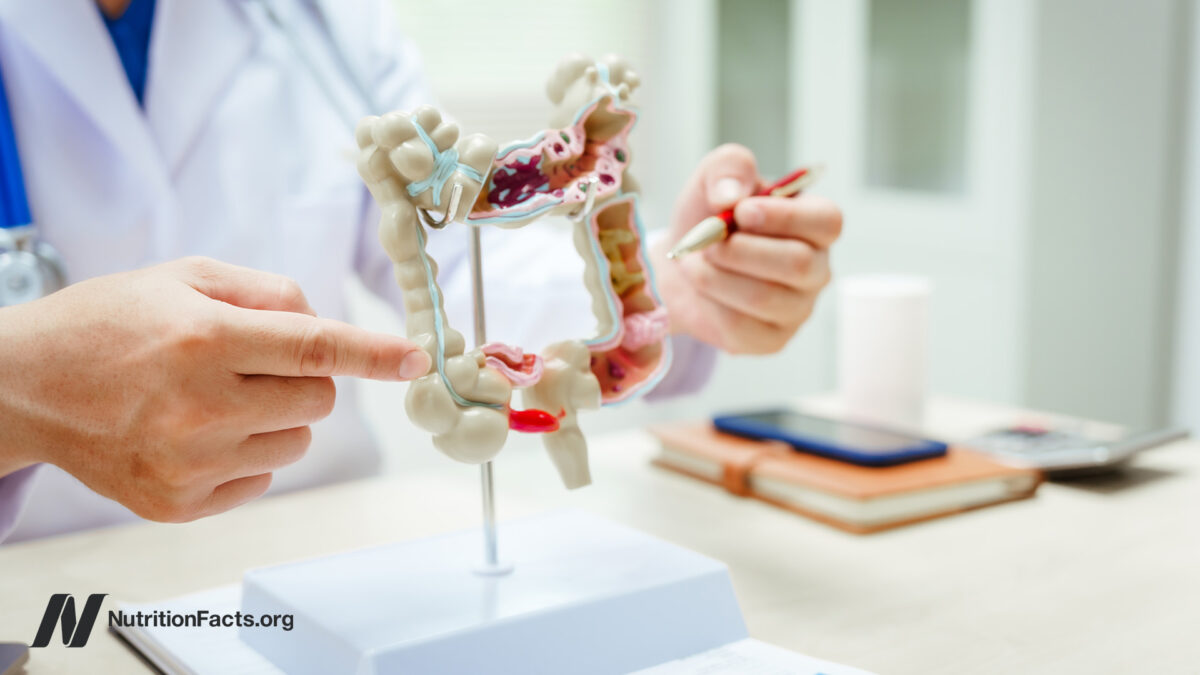Once plastic polluting M’sian rivers, they’re now being repurposed as functional home decor
Fuze Ecoteer is a social enterprise in Malaysia turning plastic waste collected from beach cleanups into household decor and accessories.

We’re all aware of plastics’ harm to the environment. Yet, the convenience they bring us is difficult—no, impossible—to sacrifice in a fast-paced, grab-and-go world.
Upcycling plastics serves as one method to practice eco-consciousness. Fuze Ecoteer (FE) is a social enterprise taking it one step further by developing merchandise out of the plastic waste that was picked up during beach cleanups.
The upcycled plastic products its team have created range from turtle-shaped keychains and flower pots, to wall-mounted clocks and coasters.
Plastic treasures
 Upcycled plastic coasters / Image Credit: Fuze Ecoteer
Upcycled plastic coasters / Image Credit: Fuze EcoteerThe coasters and flower pots FE makes look like those decorative ones made from tiles or painted concrete which are commonly found in the market today.
If someone had them as decor in their household, it’s hard to tell that FE’s products were once trash that was irresponsibly dumped into the environment.
Daniel Quilter, a co-founder of FE, got the idea to turn plastic waste into products after being introduced to Precious Plastic’s open-sourced recycling machines.
Precious Plastic releases free blueprints of its recycling machines online so others can replicate them cheaply for personal or business use. Plastic upcycling inspiration can also be found on the site.
Leveraging the ideas found on Purpose Plastics, FE collects its plastic waste from rivers and streets, or through donations from the public.
The waste then gets cleaned and shredded into smaller pieces, which are melted in an injection machine at around 220°C to be shaped in a mould. Technically, any product can be made through this process, as long as you’ve got the right mould for it.
 Keychains made from upcycled plastic waste / Image Credit: Fuze Ecoteer
Keychains made from upcycled plastic waste / Image Credit: Fuze EcoteerIf there are any access waste or plastic shreds that don’t get used from the initial round of moulding, Daniel will simply use them for the next batch so nothing goes to waste.
Not all kinds of plastic can be upcycled this way though. FE uses a few different types of plastics including:
Type 2 (HDPE) plastics found in shampoo bottles, oil cans, and detergent bottles;Type 4 (LDPE) plastics that are commonly used for plastics bags;Type 5 (PP) plastics that make straws, tapau containers, and even face masks. Plant and flower pots / Image Credit: Fuze Ecoteer
Plant and flower pots / Image Credit: Fuze EcoteerOther than selling the products on FE’s website, the upcycled plastic merchandise can also be bought from zero waste stores and other NGOs, for prices ranging from RM7.50-RM35.
A bigger effort
FE has found a way to give plastic waste a second life that works for both the environment and customers. But that’s not all the social enterprise does.
Believing that humans play the most important role in conservation, FE focuses on educating people of all ages about conservation by experiencing nature through eco-tourism programmes.
 Part of their efforts involve cleaning up beaches / Image Credit: Fuze Ecoteer
Part of their efforts involve cleaning up beaches / Image Credit: Fuze EcoteerHaving operated for almost a decade now, I was curious to know how FE has changed over the years.
Daniel shared that when FE came together in 2014, it prioritised conducting voluntourism programmes, (volunteering + tourism). Here, participants would pay a fee to cover their food, accommodation, and donations to the project which help with FE’s overhead costs.
In 2016, the team started seeing more school groups registering for the programme, and decided to focus more heavily on leading school eco-camps and volunteer trips all over Malaysia. “We led over 40 groups in 2019 with schools, universities, and corporate eco-team building programmes,” said Daniel.
 The social enterprise also works with turtle conservation efforts / Image Credit: Fuze Ecoteer
The social enterprise also works with turtle conservation efforts / Image Credit: Fuze EcoteerCome the pandemic in 2020, FE downsized considerably with Daniel and his co-founder, Pavin taking unpaid leaves. Their projects on Perhentian Island, Terengganu which involve sea turtle conservation, marine research, and waste management mainly survived through donations.
Daniel personally occupied himself by building up the Precious Plastics project from his home before moving its operations to a shared space in TTDI.
“We then sought out many grants, we now have four main revenues of income: voluntourism, Precious Plastics, group programmes, and grants,” Daniel added.
From awareness to action
The public has become increasingly aware of how their actions can harm the environment, and perhaps the plastic straw ban has been a significant example in Malaysia.
With Daniel being involved in eco-conservation efforts for a while now, I was curious to find out his thoughts on the country’s preservation efforts thus far.
He believes that most people are aware of the steps required to reduce their environmental impact, but more action needs to be done.
Acknowleding that reducing our environmental impact takes time, Daniel suggested starting small from home by composting and recycling to reduce our waste footprint.
In light of this, FE is in partnership with a programme under DBKL and GreenSteps who will work to clean up the Kayu Ara river at the source. Furthermore, the team has gained permission from DBKL to deploy 20 litter traps for drains to stop plastics and waste from flowing into rivers.
When asked whether FE has any plans to expand its involvement in turning waste into usable products, Daniel shared a whole list of projects.
Some interesting ones include a collaboration with the Green Carpenter to develop door handles for their sustainable wood products. Another involves developing multiuse clips for Solewell’s upcycled sandals made from discarded rubber gloves.
In any case, what Fuze Ecoteer has shown is proof that the adage of “one man’s trash is another man’s treasure” is true—it just takes someone who’s able to see the potential value in discarded items and is willing to invest what’s needed to transform it.
Learn more about Fuze Ecoteer here.Read more articles we’ve written about Malaysian startups here.Featured Image Credit: Daniel Quilter, a co-founder of Fuze Ecoteer

 JaneWalter
JaneWalter 







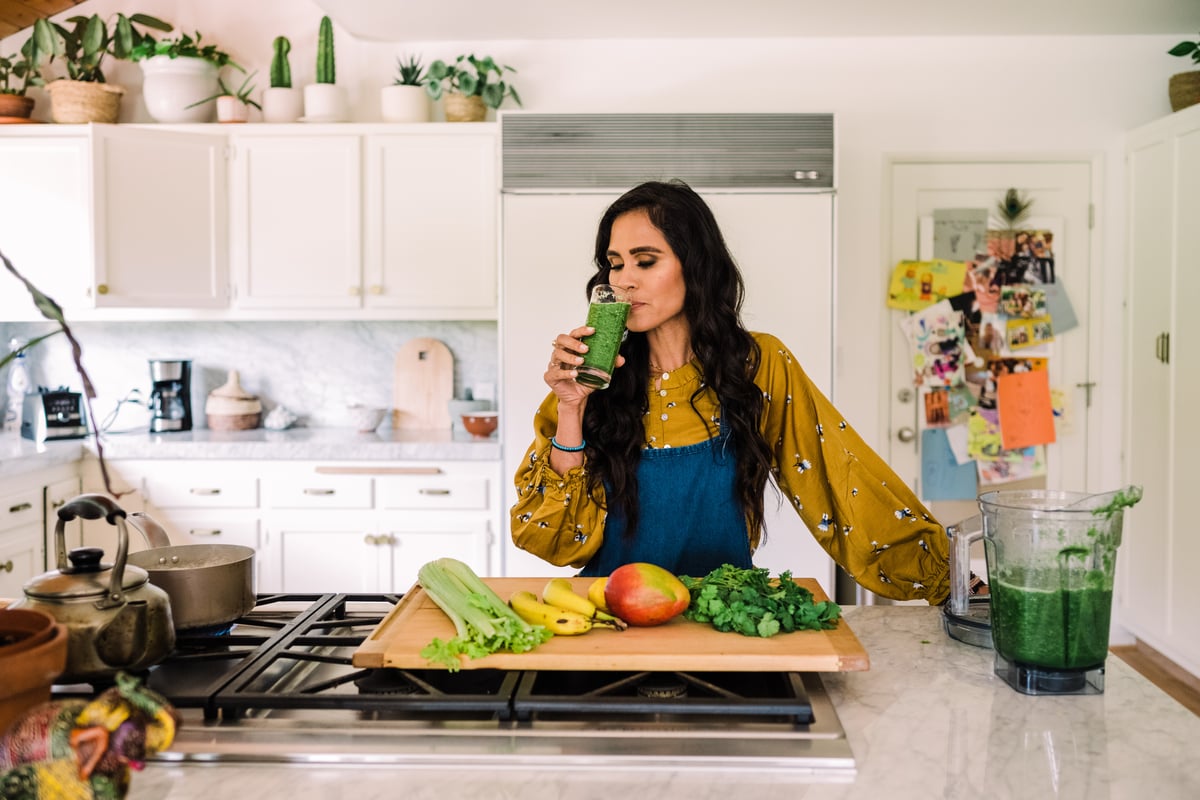
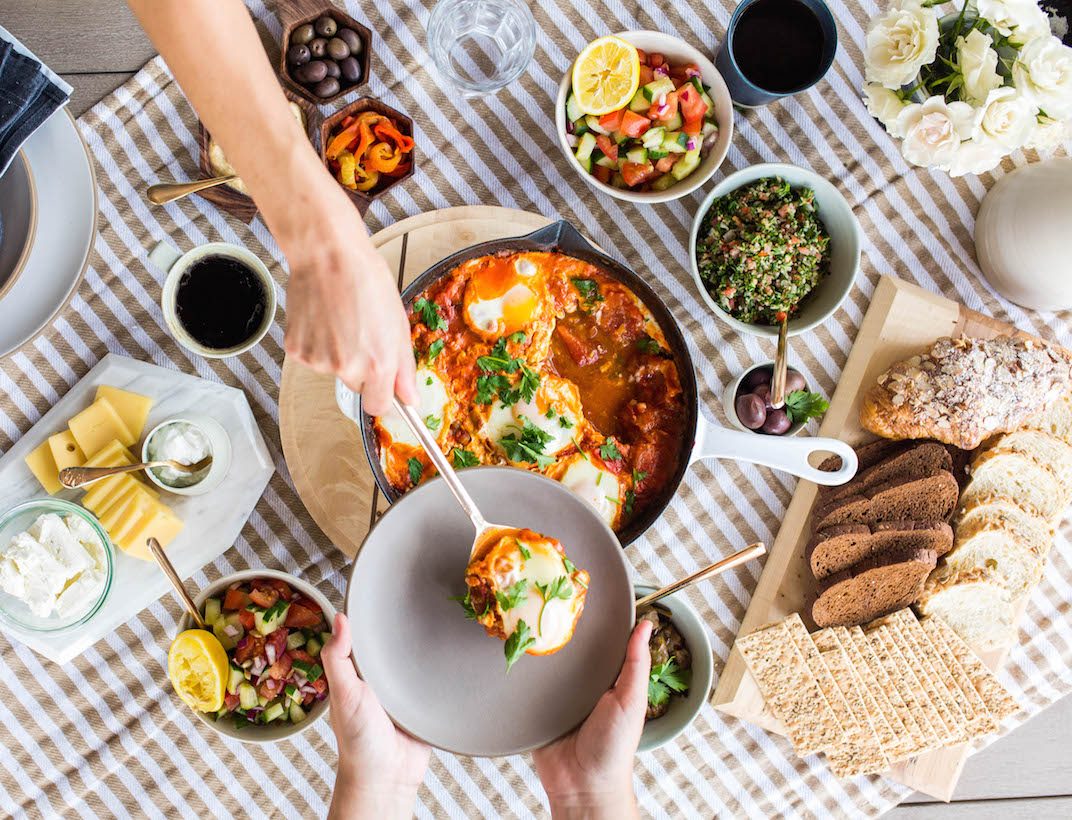
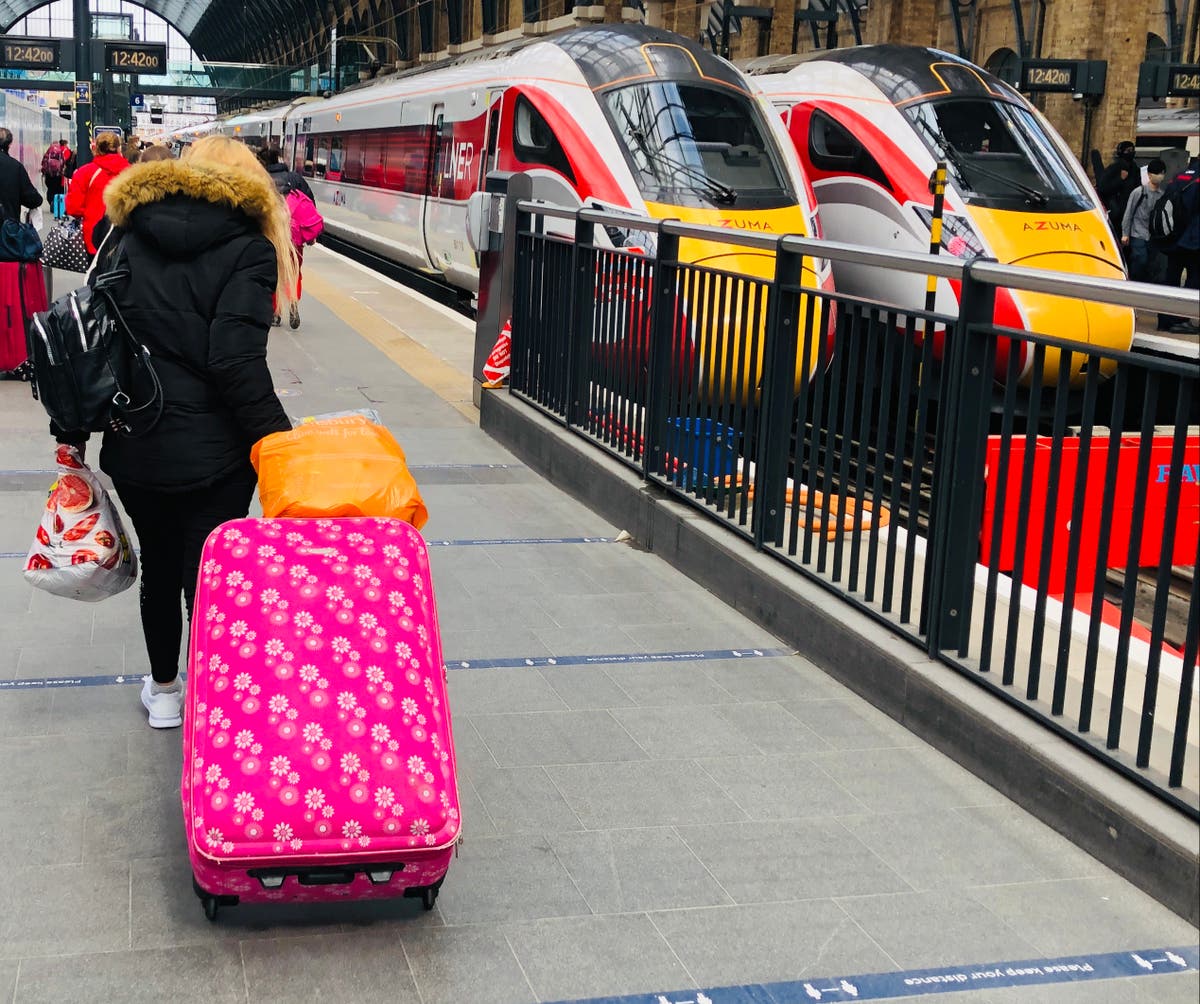
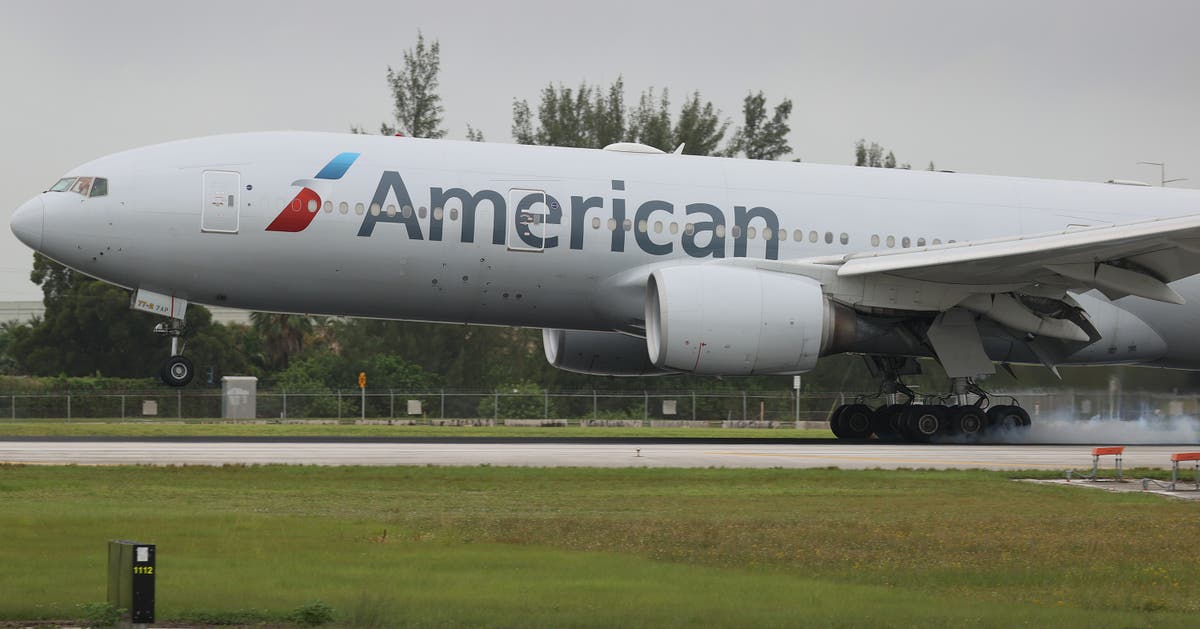














.jpg&h=630&w=1200&q=100&v=f776164e2b&c=1)






